How to Create a Lifelike AI Avatar Using HeyGen and ElevenLabs
AI Avatar “Jocelyn” from HeyGen
Why Use an AI Avatar?
Before we dive in, here’s why AI avatars are trending:
Scalability: Create once, use across multiple platforms.
Time-saving: No need to be on camera every time.
Brand consistency: Maintain a unified visual and vocal style.
Multilingual reach: Speak multiple languages using the same avatar.
Now, let’s build your digital twin.
Step 1: Create Your Avatar Video with HeyGen
HeyGen is a platform that turns photos or video footage into animated AI avatars that can speak, emote, and even lip-sync your script.
🔧 What You Need:
A high-quality headshot or a short video (for custom avatars).
A written script or audio file.
A HeyGen account.
🧠 How to Do It:
Sign Up at HeyGen.com and log into your dashboard.
Click “Create Video” and choose:
Preset Avatar: Choose from HeyGen’s library.
Custom Avatar: Upload a headshot or get a custom-made avatar of yourself (usually requires a short talking-head video).
Choose a video style, background, and text placement.
For audio, you can:
Type a script and use HeyGen’s built-in voices.
OR upload a voiceover from ElevenLabs (which we’ll cover below).
Hit “Generate,” and HeyGen will render your video within minutes.
Step 2: Generate a Realistic Voice with ElevenLabs
HeyGen’s built-in voices are solid—but if you want next-level realism, ElevenLabs is the go-to for humanlike AI voiceovers.
🔧 What You Need:
Your script.
An ElevenLabs account.
Optionally: a sample of your voice for cloning.
🧠 How to Do It:
Go to ElevenLabs.io and log in.
Under “Speech Synthesis,” paste in your script.
Choose from a wide variety of ultra-realistic voices OR upload your own voice sample for cloning.
Adjust voice stability, style, and intonation to suit your tone.
Click “Generate” and download the MP3 file.
Upload this voice file to HeyGen and pair it with your avatar.
Pro tip: Match the voice speed and energy to your avatar’s expressions and the pacing of your content.
Step 3: Combine and Publish
Once your avatar and voiceover are in place:
Finalize your HeyGen video.
Download it or publish it directly to platforms like YouTube, TikTok, or LinkedIn.
Optionally, use editing tools like CapCut, Descript, or Premiere Pro to add B-roll, music, or captions.
Use Cases for AI Avatars
Customer support videos
Training modules and onboarding
YouTube content and shorts
Product demos and tutorials
Multilingual announcements
LinkedIn thought leadership content
Final Thoughts
Creating a lifelike AI avatar isn’t just cool—it’s strategic. By combining HeyGen’s hyper-realistic video capabilities with ElevenLabs’ expressive audio generation, you can scale your message with clarity, consistency, and a human touch—without being on camera every day.
Start experimenting. The future of content is not just creator-driven, it’s AI-augmented.

